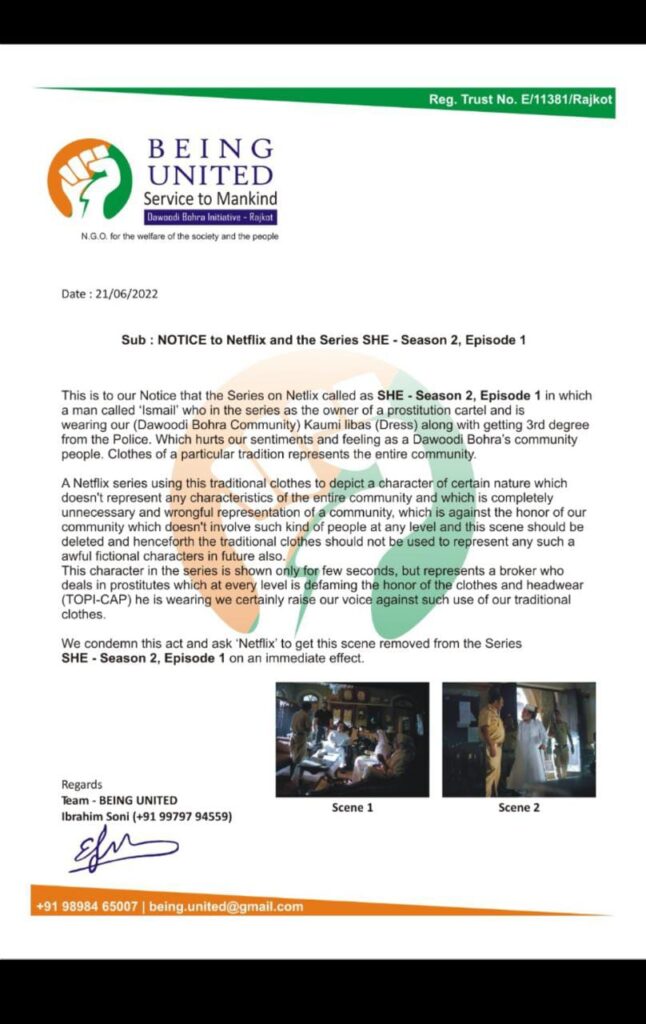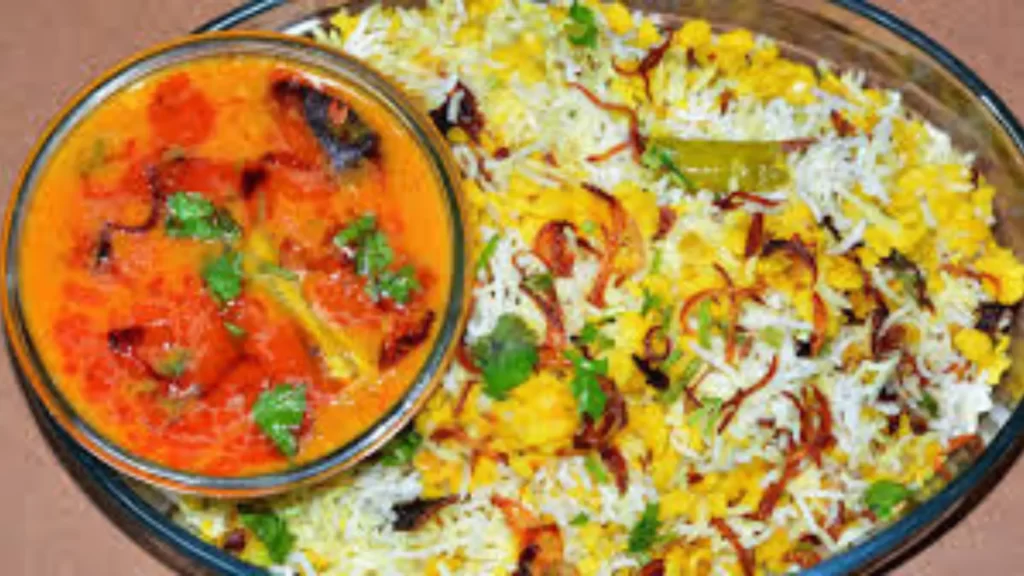Dawoodi Bohras are a Muslim community that is primarily based in India and parts of East Africa. They are followers of the Dawoodi Bohra sect, which is a sub-sect of the Ismaili Shia sect of Islam. The Dawoodi Bohras have a rich history and a distinct culture that sets them apart from other Muslim communities. In this blog post, we will explore who the Dawoodi Bohras are and what makes them unique.
The Dawoodi Bohra community traces its roots back to the Fatimid dynasty, which was established in North Africa in the 10th century. The Fatimids were Ismaili Shias who claimed to be the descendants of Prophet Muhammad through his daughter Fatima and her husband Ali. The Dawoodi Bohras are the descendants of one of the Fatimid caliphs, Imam al-Mustansir Billah. When the Fatimid caliphate declined, the Dawoodi Bohras established their own leadership structure, which has continued to this day.
The Dawoodi Bohras have a strong spiritual tradition that is centered on the teachings of the Quran, the Prophet Muhammad, and their own religious leaders, known as the Dai al-Mutlaq. The Dai al-Mutlaq is considered the highest spiritual authority in the Dawoodi Bohra community and is believed to be divinely appointed.
The Dawoodi Bohras also have a unique set of religious practices that set them apart from other Muslim communities. These practices include the recitation of specific prayers and the performance of certain rituals, such as circumcisions and funeral rites. They also have a special emphasis on community service, with many Dawoodi Bohras involved in philanthropic and charitable activities.
The Dawoodi Bohras have a distinct culture and identity that reflects their unique history and beliefs. They have their own language, which is a combination of Arabic, Urdu, and Gujarati, and they have a strong tradition of poetry and literature. The Dawoodi Bohras are also known for their cuisine, which is a blend of Indian and Middle Eastern flavors.
One of the most distinctive features of Dawoodi Bohra culture is their dress. Men wear a white, ankle-length tunic called a kurta, along with a white cap called a topi. Women wear a traditional dress called a rida, which covers the head and body and is typically embroidered with intricate designs.
In conclusion, the Dawoodi Bohras are a unique and vibrant community with a rich history, strong beliefs, and a distinct culture. Their spiritual tradition, religious practices, and emphasis on community service make them a valuable and respected part of the Muslim world. If you’re interested in learning more about the Dawoodi Bohras, there are many resources available online and in local communities.
www.its52.com
www.dawoodibohras.com
www.bohracorner.com

